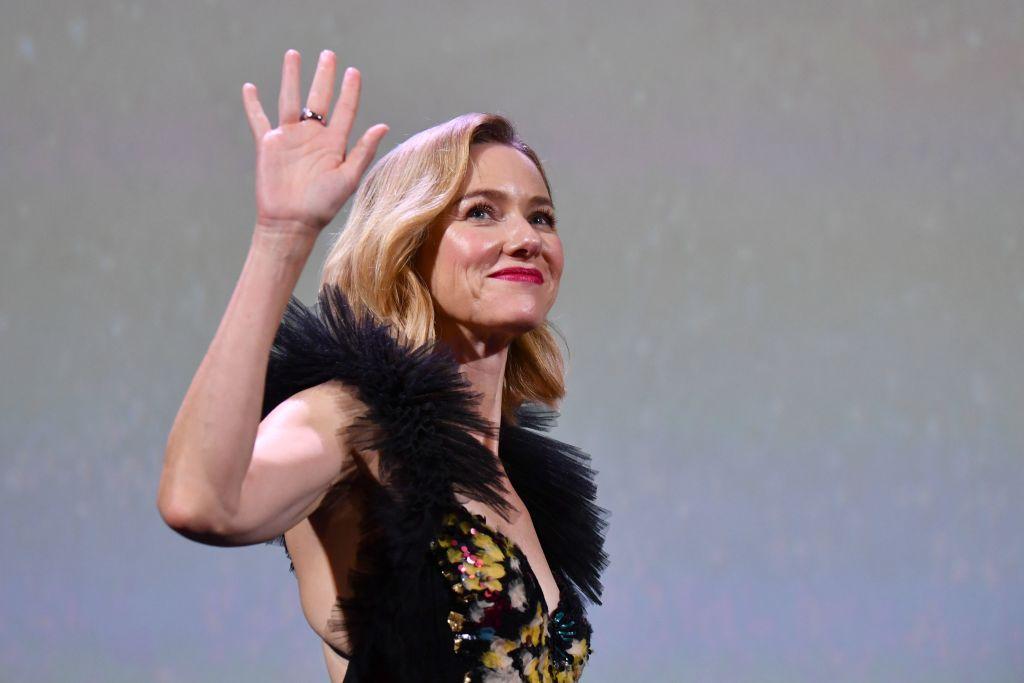The Long Night: Game of Thrones prequel's 'socialite' could take the franchise back to its roots
When it started out, the show was really part political drama, part soap opera, but the White Walkers soon put paid to that

Your support helps us to tell the story
From reproductive rights to climate change to Big Tech, The Independent is on the ground when the story is developing. Whether it's investigating the financials of Elon Musk's pro-Trump PAC or producing our latest documentary, 'The A Word', which shines a light on the American women fighting for reproductive rights, we know how important it is to parse out the facts from the messaging.
At such a critical moment in US history, we need reporters on the ground. Your donation allows us to keep sending journalists to speak to both sides of the story.
The Independent is trusted by Americans across the entire political spectrum. And unlike many other quality news outlets, we choose not to lock Americans out of our reporting and analysis with paywalls. We believe quality journalism should be available to everyone, paid for by those who can afford it.
Your support makes all the difference.With Game of Thrones being the unprecedented success that it is, HBO could afford a luxurious approach when it came to commissioning its spin-offs. Last year, five prequels for the medieval low fantasy series were put into development, each entrusted to a very different showrunner. The network reserved the right to realise all, or none of them.
The Long Night is the first prequel to get off the ground, with George RR Martin confirming its title in a blog post on Tuesday, along with its first casting, Naomi Watts.
This is the much-discussed “White Walker origin story”, a story for which I can’t say I was hugely excited. Game of Thrones has largely spent the latter half of its eight seasons trying to outdo itself in terms of spectacle. This has been a joy to watch, the show’s incredibly talented crew staging action sequences the likes of which have never graced the small screen before. But in doing so, the show has let character fall by the wayside. Interactions and revelations that would once have been parcelled out slowly now tend to get no more than a handful of terse sentences back and forths on a frosty battlement.
It’s the epic set pieces that have made Game of Thrones such a seismic annual TV event – but they’re not what initially enrapt viewers. I can still remember the press launch for Game of Thrones‘s first season, when it wasn’t yet clear if there’d even be a second. Kit Harington, Emilia Clarke et al weren’t household names, and the cast sheepishly wandered the not-remotely-packed room nibbling vol-au-vents, hoping people would like their (then) more humble take on the medieval epic.
I’d never been a big fan of dungeons and dragons fantasies, but the early episodes offered something more than this. When it started out, the show was really part political drama, part soap opera. It was about power dynamics and diplomacy, and how matters of sex, class and family are inextricable from them. That this was all playing out in mud-trodden throne rooms, instead of in boardrooms and Oval Offices, was quite refreshing.
The White Walkers soon put paid to this, though. Questions about the Iron Bank’s transparency in funding war-waging monarchs don’t hold much stock when a legion of zombies are marching on the civilised world. For me, the White Walkers and Wights were a bit of a cancer on the show, dragging it ceaselessly back to its more traditional elements. As such, the magical story of their genesis – all imprisoned sets of eyes closing white and reopening jet blue – didn’t strike as a particularly edifying proposition.
But perhaps Watts’s casting in the prequel – which is set thousands of years before Game of Thrones – is a sign that the show won’t be centred around incantations, elixirs and hand-to-hand combat between good and evil. According to a Variety exclusive, Watts will play “a charismatic socialite hiding a dark secret.”
It would be hard to characterise a single Game of Thrones character as a socialite (well, maybe Tyrion Lannister in his early days), given that the show is mostly populated by laconic lone wolf types. Does this new character trait signal a return to a type of drama that’s more dialogue-heavy, then? One focused on how Westeros works, rather than how it is destroyed?
It will be interesting to see how Watts’s character fits into the White Walker premise, and whether her gregarious nature opens the doors to new parts of Westerosi society we haven’t seen before. If this prequel doesn’t, then one of the “couple of others” Martin says are still in active development surely will. Better Call Saul, though praised to a frankly hysterical level, has been successful in carving out a genre of its own and not trying to recreate, or even match, the high drama of Breaking Bad. With these prequels, Game of Thrones would be wise to try something similar.
Join our commenting forum
Join thought-provoking conversations, follow other Independent readers and see their replies
Comments